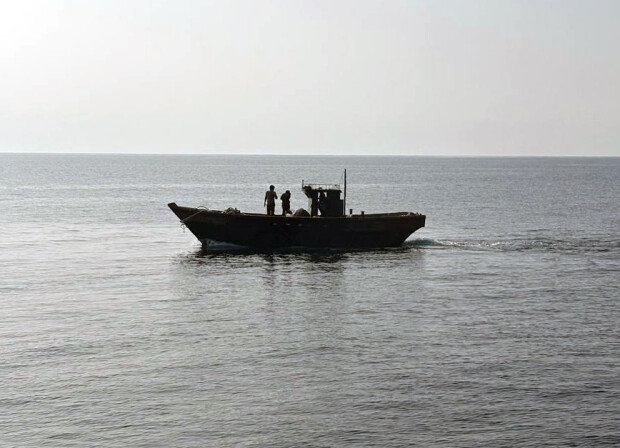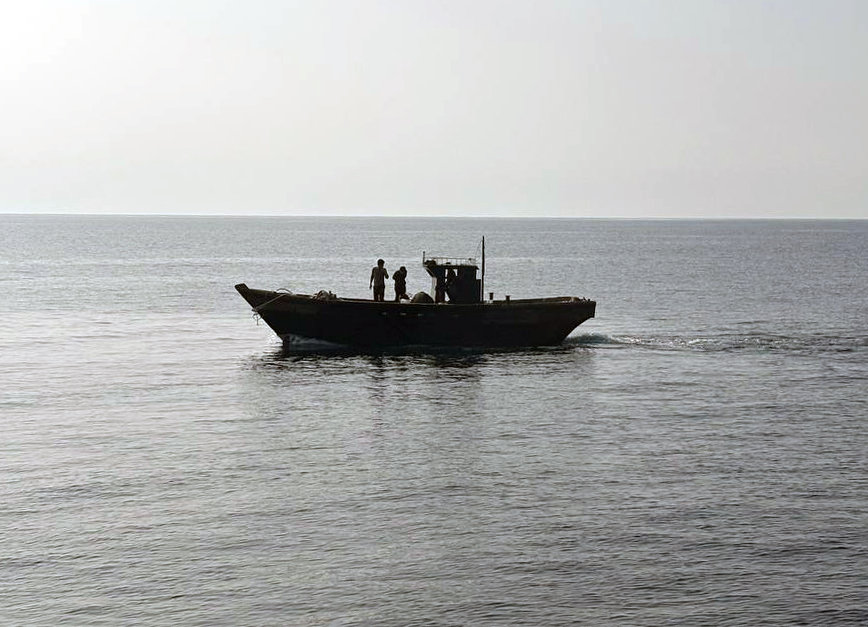
Six North Korean nationals who were rescued after drifting in the West and East Seas in March and May were repatriated to the North on July 9, completing the return process. According to South Korean authorities, the North received prior notice of the plan via the so-called “pink phone,” a direct communication line between the United Nations Command (UNC) and the North Korean military.
The Ministry of Unification said on Tuesday that the South Korean government conveyed the repatriation schedule twice through the UNC over the past two weeks. The first notice, sent on July 3, included details such as the date, method, and maritime location of the transfer. A follow-up notice was delivered on July 7, two days before the operation.
North Korea did not offer a clear response indicating acceptance of the repatriation. However, it did answer the calls and listen to the messages, officials said. At one point, Pyongyang had refused to take UNC calls via the pink phone but resumed limited engagement. A government source noted, “We cannot disclose the specifics of the exchange, but there were subtle reactions suggesting that North Korea was receiving the information without terminating the call.” In the context of North Korean military protocols, not hanging up the phone and listening in full is interpreted as an acknowledgment.
The operation used the vessel that the four North Koreans rescued in May used. After obtaining consent from all six individuals and completing repairs, the boat was returned across the Northern Limit Line (NLL) in the East Sea. The Coast Guard led the operation by towing the vessel, while the South Korean Navy maintained a heightened alert posture to guard against possible accidental clashes with North Korean forces.
Two of the six had been rescued in the West Sea and had remained in South Korea for 125 days as of July 9, marking the longest stay among defectors who later requested to return to North Korea. The prolonged delay stemmed from North Korea’s refusal to engage after declaring a “hostile two-state doctrine” and from political turmoil in the South, including the impeachment proceedings against former President Yoon Suk-yeol. The process only began to move forward after President Lee Jae-myung instructed his cabinet to address the issue at a meeting on June 10.
Oh-Hyuk Kwon hyuk@donga.com
